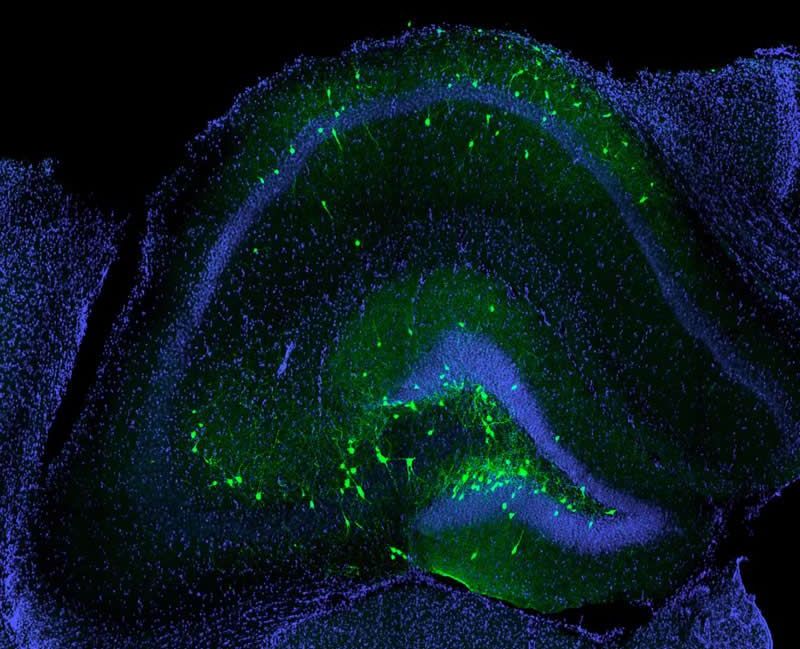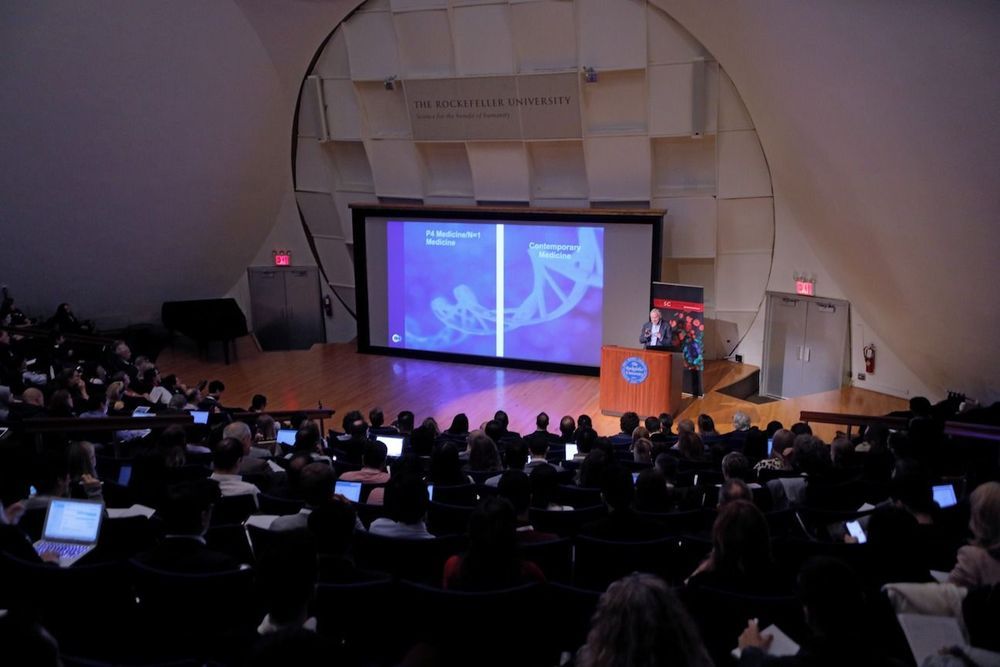Ira Pastor ideaXme exponential health ambassador interviews Mr. Dennis Kowalski, Cryonics Institute President, EMT-paramedic, certified in advanced cardiac life support (ACLS), advanced pediatric life support (PALS), a CPR Instructor for the American Heart Association, and a fire fighter!
Ira Pastor comments: Cryonics is defined as the extremely low-temperature freezing (or vitrification — converting into glass or a glass-like substance) usually at −196 °C or −320.8 °F or 77.1 K, and storage of a human body or part of a human body, with the hope that resurrection may be possible in the future.
Cryonics procedures can legally begin only after clinical death, and cryonics “patients” are legally dead. Cryonics procedures ideally begin within minutes of death, and use cryo-protectants to prevent ice formation during cryo-preservation The first person to be frozen via cryonics was that of Dr. James Bedford in 1967.
It’s estimated that over 300 bodies had been cryo-preserved in the United States, and a couple thousand people have made arrangements for cryo-preservation to date.
While it is not yet possible for a dead body to be re-animated after undergoing vitrification, in order to revive patients in the future, it will be necessary to be able to cure any diseases which lead to death, repair cells damaged in the freezing process, and repair cells damaged by the ageing process.
The Cryonics Institute (CI) is an American not-for-profit corporation that provides cryonics services to both humans and pets.





